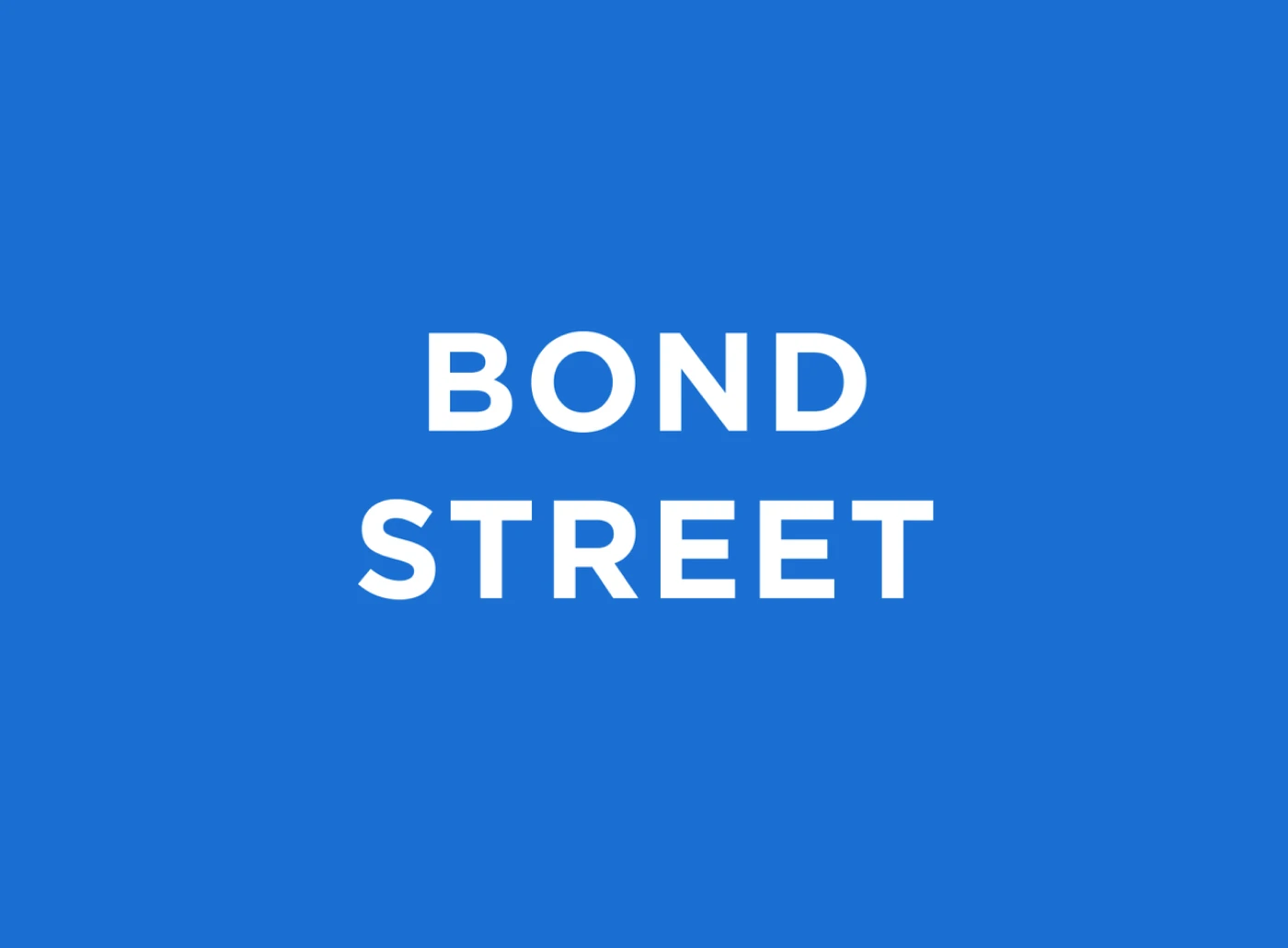What do companies like Google, Facebook, and Netflix have in common? Besides world-class products, they have world-class people. These businesses caught on early to the fact that having a stellar team not only increases innovation in the workplace, but also brings more of the best and brightest onboard. This ripple effect is a product of a strong employer brand.
What is an employer brand?
According to Employer Branding for Dummies, “employer branding is the process of creating a distinctively great place to work and then promoting it to the talent whose knowledge and skills are needed by the organization to meet its business goals and objectives.”
Essentially, your employer brand is the perception that people have of what it’s like to work at your business.
What small businesses can’t buy with a big HR or marketing budget, they make up for with agility and autonomy.
Spending time and resources on building a “culture” may seem like a luxury that only corporations with big budgets can afford. We beg to differ. Whether you know it or not, your small business already has an employer brand, and it’s up to you to take control of it. What small businesses can’t buy with a big HR or marketing budget, they make up for with agility and autonomy.
Related article: Justworks Has a Stellar Work Culture. Here’s How We Hire to Keep It.
Why is employer branding important?
Build Street Cred
A strong employer brand will not only help you build brand loyalty among potential employees, but also with potential customers. In today’s landscape, customers are often more attracted to brands that have a positive working culture and treat their employees well.
InsideZappos is an example of strong employer branding via social media. Zappos’ Instagram page gives prospective employees and customers a sneak peek into birthday parties, team outings, and more. By building their internal culture and sharing it externally, Zappos is not only attracting like-minded talent, but also building customer loyalty.
There is a “feel-good” element to buying products from a company that supports their team through training opportunities, engagement programs, and other perks. Marketing activity that carries a recognized employer brand is more likely to pique interest than an unknown one.
Save Money
If you’ve scaled or owned a business before, you’ll know that the process of bringing on a new hire involves manpower, time, and money. These resources are valuable, especially in a lean business. A LinkedIn study found that companies with a strong employer brand had 28% lower employee turnover rates than companies with weaker employer brands.
That’s a huge difference when you consider the high cost of turnover replacement (including new employee training and lower productivity). If the right people are attracted to your business and culture, chances are you’ll have significantly lower personnel churn.
Perform Better
It shouldn’t be a surprise that employees who are fulfilled and engaged at work perform better. To illustrate this, Netflix calculated that the best performers in the organization are two times better than average, and in creative/inventive work they are ten times better than average. That’s a huge impact on your bottom line.
A strong employer brand will help you attract top talent, which will in turn lead to greater employee engagement, customer satisfaction, and creativity in the workplace.
How Do You Build a Company Brand?
Building an authentic employer brand requires introspection and external research. First, you must understand what makes your small business a distinct place to work for. Second, you need to make sure the right people know how awesome you are. Let’s break this down.
Understand What Ideal Employees Want
To market yourself as a desirable place to work, you need to know what your ideal employee wants in his/ her career. Identify your target employee profile and gather insights on the top qualities they want in an employer.
Is it the option to work from home? Opportunities for apprenticeship? The thrill of a fledgling startup? Ask your peers, conduct an informal survey, or simply research online to get unbiased external feedback. Keep a running list of these employer values, and remember that this is simply qualitative research. You won’t be able to offer everything on this list, and that’s okay!
Related article: Define Your Company Values With These 6 Steps
Identify What You Offer
Like any relationship, the business-to-employee relationship is a constant give and take. As an employer and business owner, you need to be realistic about what you can provide your team and what you can’t.
For example: you may provide work/life balance, but do not provide a 401(k) retirement plan; you may offer an autonomous working environment, but do not provide onboarding and training programs. Just as you did when gathering external information on what potential employees want, create a list of values that you do offer. It’s important to anchor this list in reality, but feel free to include one or two aspirational values you’d like to strive towards.
Define Your Employer Brand Value Statements
Once you have outlined the “give and get” of the employment deal (what you promise to provide for employees, and what they can expect in return) it’s time to put pen to paper and define your employer brand values in succinct statements.
At the highest level, your employer brand should be captured in a core statement that you want to be known for. This statement sits over specific brand values, or pillars, that further define the employment experience at your business.
Take Adidas as an example: their core employer brand statement is “shape the future of sport.” Their supporting employer brand pillars include statements such as: “through sport, we have the power to change lives,” “the future runs on diverse and fresh perspectives,” “careers without borders,” and more. Each pillar supports how Adidas aspires to shape the future of sport as a team and as an organization.
Writing your employer brand is not easy, so be prepared to workshop language, the core statement, and supporting pillars several times. As a small business, take advantage of the fact that your employer brand belongs to you. You don’t need to run statements through multiple departments, so get creative and think outside of the box!
At the highest level, your employer brand should be captured in a core statement that you want to be known for.
Bring Your Company Brand to Life
As an internal and external facing identity, your employer brand comes to life when it is circulating among current and potential employees. The best way to do this is by sharing real stories on platforms where your target audience is present.
Keep in mind that all content should be linked to your employer brand core statement or a supporting pillar. Here are a few ideas of topics and channels to leverage:
Instagram post: photo of employees at an office ice-cream social
Website: interview with the founder on building the business
LinkedIn post: how a team of two can make an impact on the community
Lastly, keep in mind that building an employer brand takes time. As you lay the foundation, continue to share how awesome your team is, what it’s like to work at your business, and acknowledge the hard work of your current employees. Given the passion of small business owners, we know that part will be easy.
This is a guest post on behalf of Bond Street, a company focused on transforming small business lending through technology, data, and design. Bond Street offers term loans of up to $1,000,000 with interest rates starting at 6%.
Learn more with Justworks’ Resources
Scale your business and build your team — no matter which way it grows. Access the tools, perks, and resources to help you stay compliant and grow in all 50 states.







